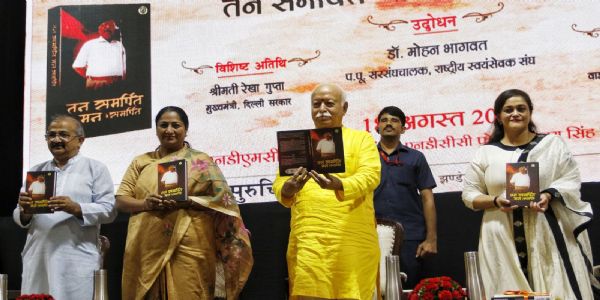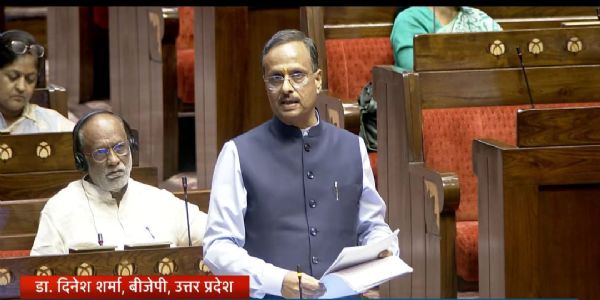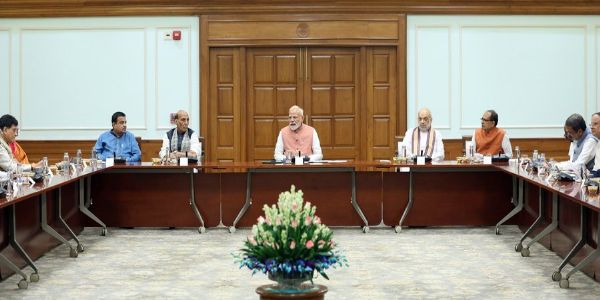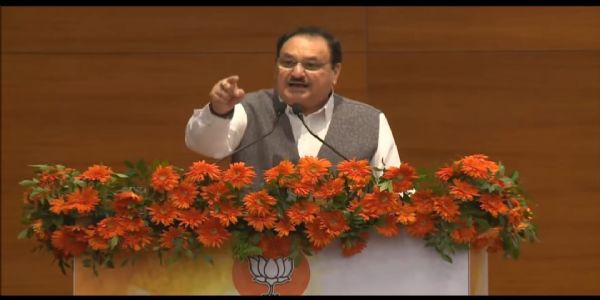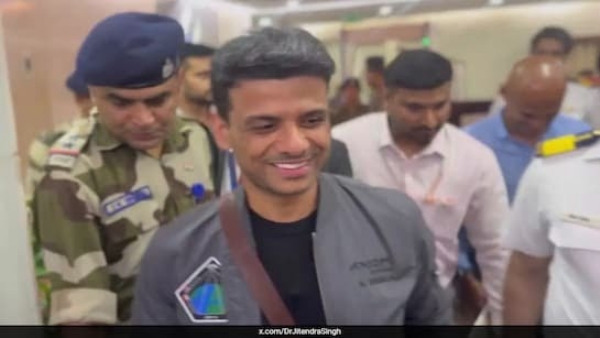
Delhi, 17 August (H.S.): In a historic moment for India’s space ambitions, Group Captain Shubhanshu Shukla, the second Indian to travel to space and the country’s first astronaut to visit the International Space Station (ISS), landed in Delhi in the early hours of Sunday, August 17, 2025. Touching down at Indira Gandhi International Airport shortly after 2:45am IST, Shukla’s homecoming was met with jubilant cheers, waving flags, and proud faces, marking a triumphant chapter in India’s evolving space narrative.
Grand Welcome in Delhi
As the doors of the aircraft opened, an excited crowd surged forward, eager to catch a glimpse of the national hero. Awaiting him at the airport were Union Science & Technology Minister Jitendra Singh, Delhi Chief Minister Rekha Gupta, and his closest family members, all beaming with pride. The atmosphere was electric, with the entire terminal echoing with applause and patriotic chants.
Shukla's journey began on June 25, when he piloted the Axiom-4 mission, launching from the Kennedy Space Centre in Florida. Only a day later, on June 26, he docked with the ISS, making history not only for himself but for an ambitious nation. After more than a year of training with NASA, Axiom, and SpaceX in the US, Shukla embarked on his cosmic adventure, returning to Earth with a splashdown off the California coast on July 15, 2025.
A Turning Point for India's Space Program
The mission is not simply a personal triumph. It represents an invaluable leap for the Gaganyaan project—India's first human spaceflight initiative, expected to launch in 2027. Insights and experiences gathered by Group Captain Shukla, from rigorous drills to hands-on work aboard the ISS, will inform and accelerate India's own plans for human spaceflight.
The prime minister, Narendra Modi, referenced Shukla during his Independence Day address at the Red Fort. He lauded the astronaut's achievements and announced his anticipated participation in the National Space Day celebrations on August 23. Modi urged Shukla to meticulously document his learnings for the benefit of future Indian missions, signifying the value that Shukla’s journey brings to the country's aspiration for an Indian space station by 2035 and a crewed lunar mission by 2040.
Emotional Reflections and Family Pride
In a heartfelt Instagram post en route to India, Shukla shared, “I feel sad leaving a fantastic group of people behind who became my family during this mission. Yet, I am excited to meet everyone back home for the first time post-mission… As my commander Peggy Whitson said, ‘The only constant in spaceflight is change.’ I believe that applies to life as well.”
His father, Shambhu Dayal Shukla, expressed overwhelming joy and pride: “My son has successfully completed his mission. We are very excited that he is coming back. We are trying to meet him as soon as possible... we will meet him in Delhi.”
National Recognition Awaits
Group Captain Shukla’s arrival is more than a ceremonial homecoming—it marks India’s committed stride toward the final frontier. Parliamentary discussions are expected soon to highlight the impact of Shukla’s work on India's push to become a developed nation by 2047. With the nation's attention fixed on his story, Shukla stands as an inspiring symbol for India’s next generation of scientists, engineers, and explorers.
---------------
Hindusthan Samachar / Jun Sarkar





